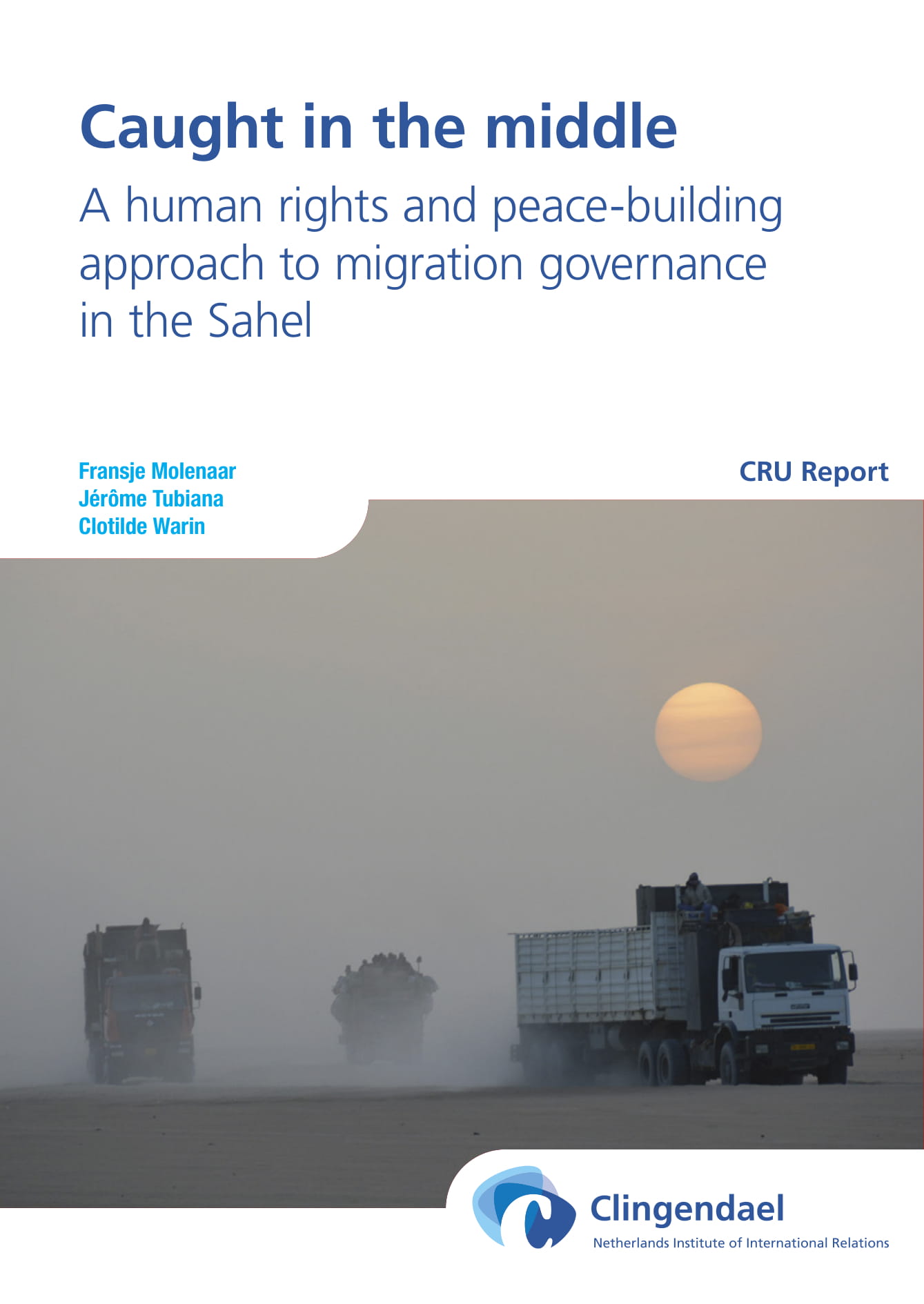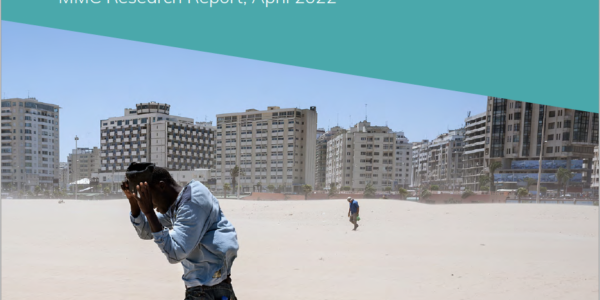
A human rights and peace-building approach to migration governance in the Sahel
Clingendael, December 2018
In recent years, the Sahel region has attracted the attention of European policy makers aiming to prevent Europe-bound irregular migrants from reaching the Libyan coastline. Policies implemented under this approach propose to address the root causes of irregular migration from non-EU countries, such as through support for socio-economic development of countries of origin, the dismantling of smuggling and trafficking networks, and the definition of actions for the better application of return policies.
This report prepared by Clingendael, the Netherlands Institute of International Relations, questions whether this approach to mixed migration governance take sufficient stock of the larger development and stability contexts within which irregular migration and human smuggling takes place. Does migration governance sufficiently address the human rights consequences and destabilising effects that migratory movements and the policies that address them may have? And how could human rights and peace-building principles – that is, processes and measures that contribute to a society’s capacity to address conflict in a constructive manner – be incorporated to achieve more holistic and conflict-sensitive migration governance?
In their report authors Fransje Molenaar, Jérôme Tubiana and Clotilde Warin from the Clingendael Institute find that the implementation of migration policies in the Sahel has contributed to an increase in human rights abuses and risks for migrants and refugees, as well as rises in human trafficking and forced labour. They argue that national and sub-national institutions and capacities be supported to take the lead in comprehensive and sustainable migration management and migrant protection.
The report makes use of 4Mi data collected in West Africa and Libya by the Mixed Migration Centre.
Download

